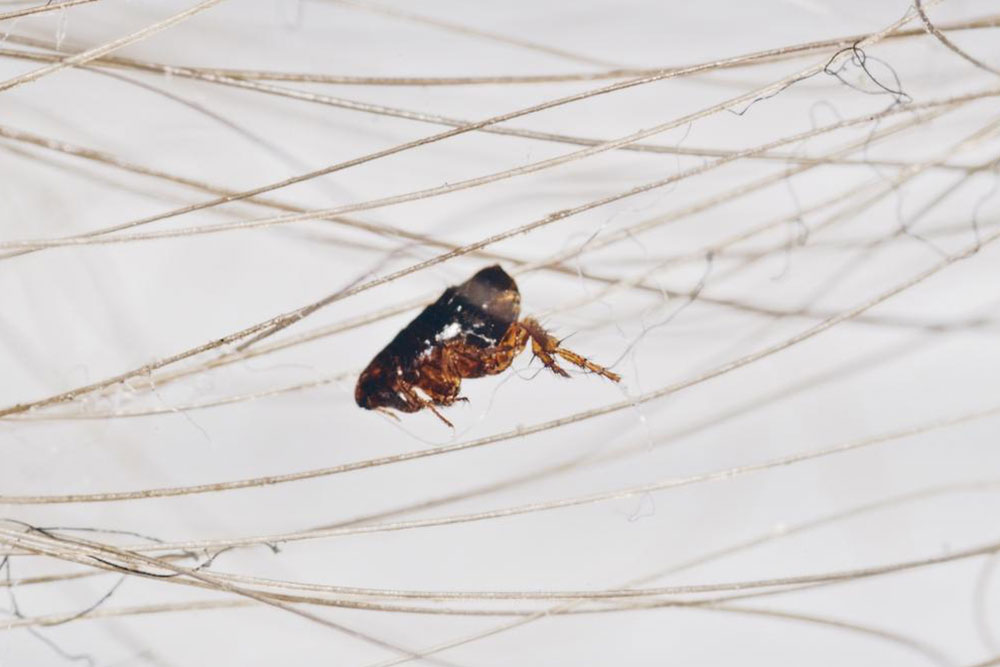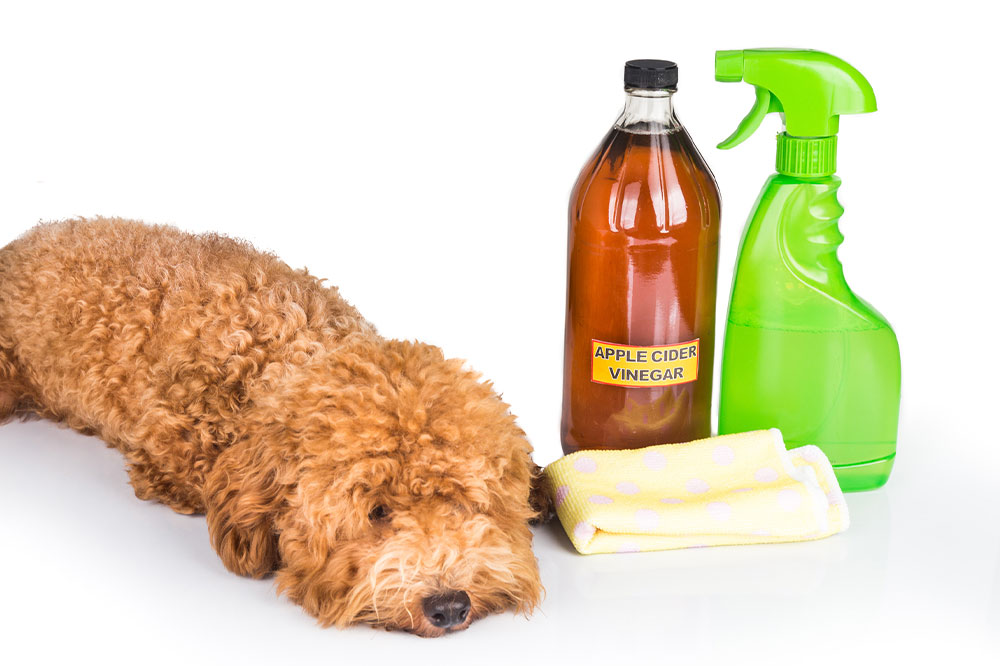Effective Strategies to Combat Flea and Tick Infestations in Dogs
Discover safe and effective strategies to eliminate fleas and ticks in dogs. Learn about veterinary treatments like Simparica®, natural remedies including essential oils and flea combing, as well as nutritional tips to boost your dog's immunity. These simple methods help keep your pet parasite-free and healthy at home.

Top Natural and Medical Methods to Eliminate Fleas and Ticks in Dogs
One of the biggest worries for dog owners is dealing with fleas and ticks. These parasites feed on your pet's blood, leading to persistent scratching and discomfort. While many commercial repellents exist, natural remedies also offer safe alternatives. The following guide highlights effective ways to control fleas and ticks at home:
Veterinary Treatment Options
Simparica®
This FDA-approved oral medication prevents flea and tick infestations. Administered once a month, it remains effective for up to 35 days.
Besides Simparica®, options like Bravecto® (which is used every three months and also treats heartworm) and K9 Advantix® (a monthly topical treatment) are popular choices.
Nutrition Tips for a Healthy Dog
Healthy, nutrient-rich diets help prevent parasite attacks. Feeding your dog fresh, whole foods with unprocessed proteins strengthens their immune system. Essential nutrients—B vitamins, probiotics, sulfur, omega-6, and omega-3 fatty acids—are found in meats, organ meats, fatty fish, eggs, broccoli, and cauliflower.
Natural Remedies for Flea and Tick Control
Essential Oils
Diluted essential oils like lavender, peppermint, lemongrass, cedar, or eucalyptus can be sprayed onto your dog’s coat, avoiding the face. Their topical application helps repel parasites without soaking the fur.
Flea Combing
Using a fine-toothed flea comb helps remove fleas, ticks, and eggs from your dog's fur. Regular grooming with this tool is an effective at-home solution for infestations.
Important Notice:
The information shared on this platform is meant for educational purposes and should not replace veterinary advice. Always consult a professional before applying treatments or changing your pet's diet. The site does not guarantee accuracy or coverage of all products and treatments available in the market.










